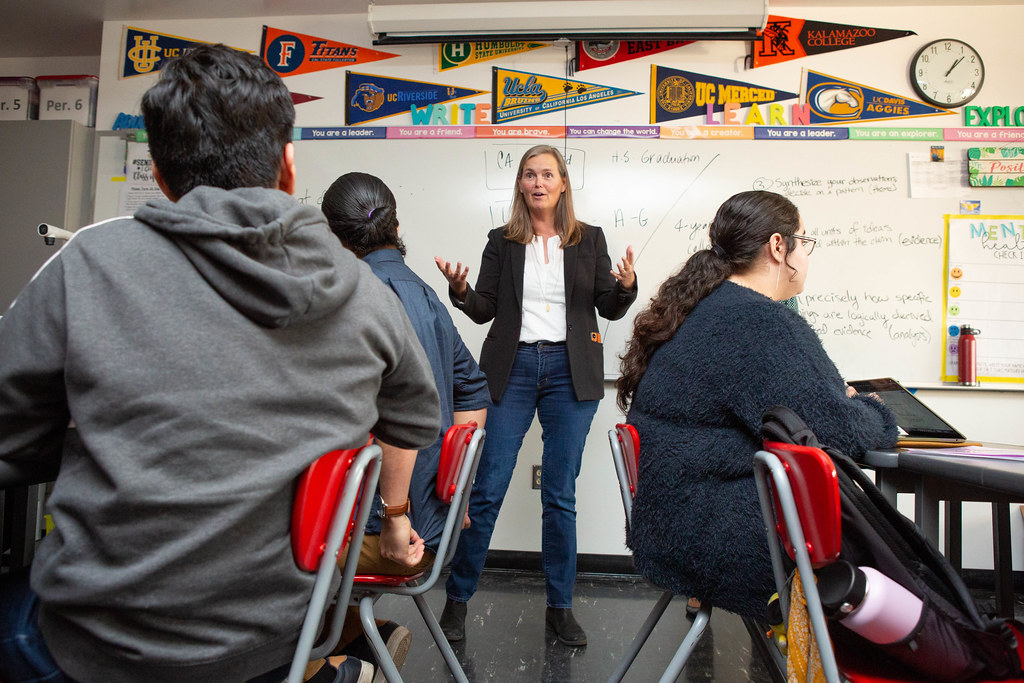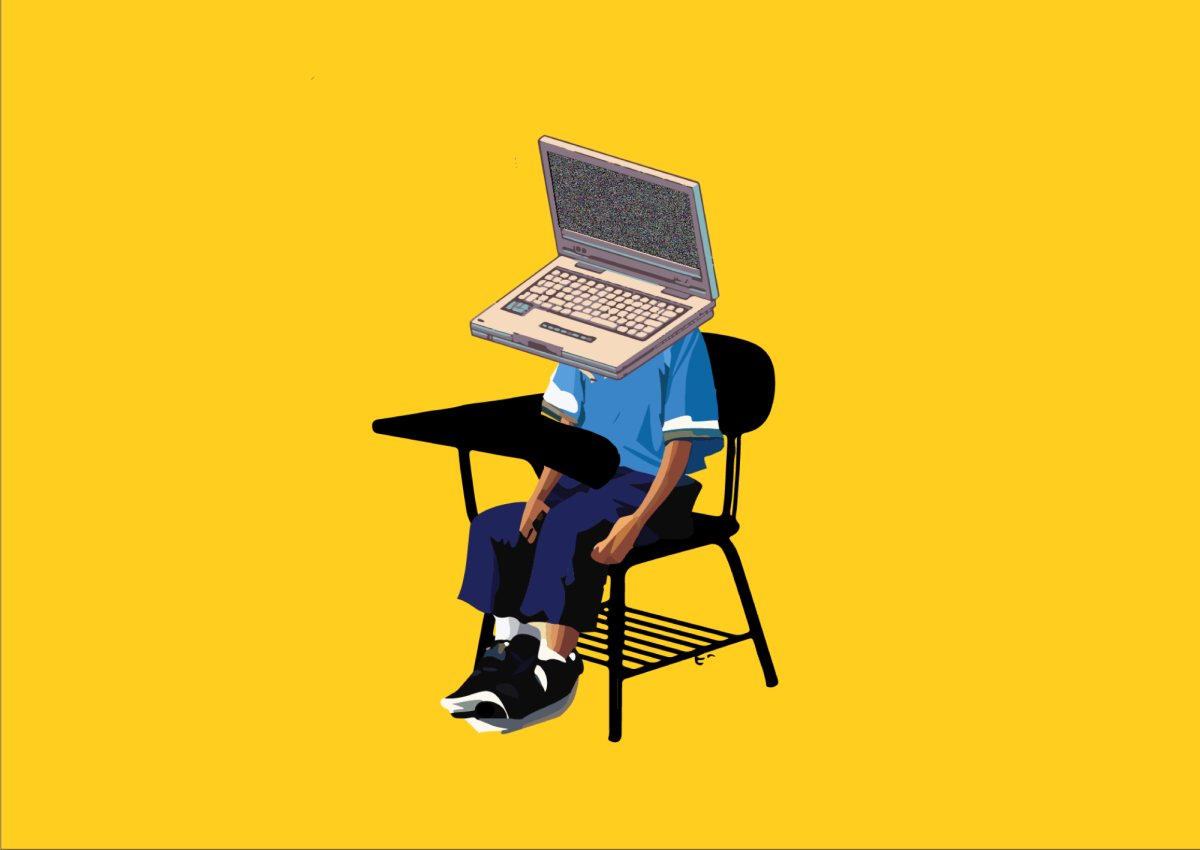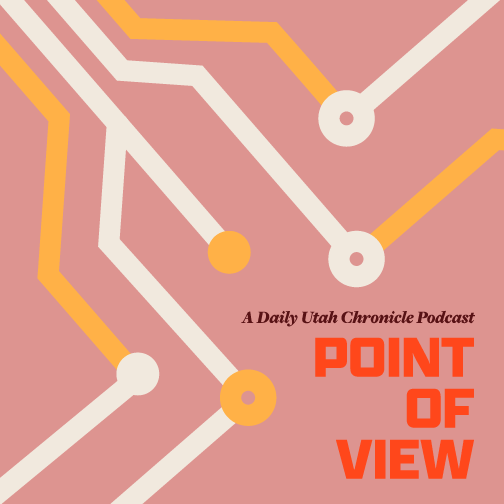From the influence of Arne Duncan to that of Mark Zuckerberg, the future of the United States’ education system seems to be at the cusp of something huge. Duncan, the U.S. Secretary of Education who resigned earlier this year, managed a tenure shrouded in controversy, though also bereft of the passé principles that made the Bush era so bad at education reform. The transition from No Child Left Behind to Common Core should be seen as one with historical precedent. Yet, Common Core is by no means an end-all education system suited to 21st century technologies. To see where we might be going and where we should go, I recommend we first look to tech-integration in schools.
A Silicon Valley startup known as Altschool is, like its spiritual predecessor Montessori, working at the fringe of student freedom and ability. Having been invested with over $100 million in the last several years, AltSchool now has six schools, with two more in beginning stages, and is educating children from pre-K up to the 8th grade. AltSchool, unlike its traditional public and private counterparts, lets much of its instruction come from the curiosity and ingenuity of its students.
More than a semi-guided free-range attitude toward classroom conduct, each AltSchool equips its students with devices and software apparently well-suited to learning. Kids in Pre-K are given tablets, and by 2nd grade students are provided a laptop on which they are expected to complete a variety of tasks, ranging from typing to reading comprehension to mathematics to an array of personal achievement activities. Teachers are provided real-time data regarding student progress and thus are better able to help guide students. This teaching system has been hailed by some as the future of education and by others as potentially harmful.
What’s so incredibly revolutionary about AltSchool is its integration of technology and what educators call “personalized learning” programs. In AltSchool and other tech schools across the nation, students are left largely, and literally, to their own devices. For hours at a time students are allowed to explore areas of study that intrinsically motivate them, working within a constructivist framework that allows children to personally develop ideas and match those ideas to their experiences with and understanding of the world.
Education in these schools has moved away from standardization, which — via backlash to Common Core — has seen a recent rise in opposition as inequity in standardized testing has become apparent. Though alternative education programs are still legally beholden to Common Core standards, the path laid out for students is much less rigid and far more innovative than those provided by traditional education programs. Often, classroom materials are tailor-made to fit student needs and desires. Software specifically designed by AltSchool developers works in much the same way as Khan Academy or Duolingo work for the general public.
The “track it, enhance it” attitude of Silicon Valley has taken over a specific population of U.S. schools in a way that is both inspiring and frightening. Frightening because tech schools are often reliant on methods of teaching that have hitherto been largely unexplored. AltSchool is, at least for now, an unsustainable model for revolutionizing the U.S. education system, largely due to it’s $30,000/year tuition. It’s also true that, for the time being, software written by/for these tech schools has very little ability to achieve suitable specificity via web content when considering search-savvy students.
Given these relatively few weaknesses, I don’t believe schools like AltSchool or Mark Zuckerberg’s in-development “Primary School” should be heavily regulated. The advantage of tech schools now is that they are allowed the freedom to provide students a range of possibilities without having to adhere stringently to any set curriculum.
Technology integration is the future of U.S. education. Clearly, it’s important to provide students an amount of unstructured (and, by the virtues of technology, limitless) exploration that wasn’t/isn’t provided by No Child Left Behind or Common Core. Schools like AltSchool must find a way, if they are to survive and subvert the desperately needful public education system, to make their education both affordable and equitable across all boundaries. Indeed, it’s hardly plausible that the free and unfettered use of technology will make its way into Utah schools anytime soon. Though the U.S. is a long way from fixing its busted education system, there is hope so long as technology finds its way safely and smartly into our schools — private or otherwise.






















